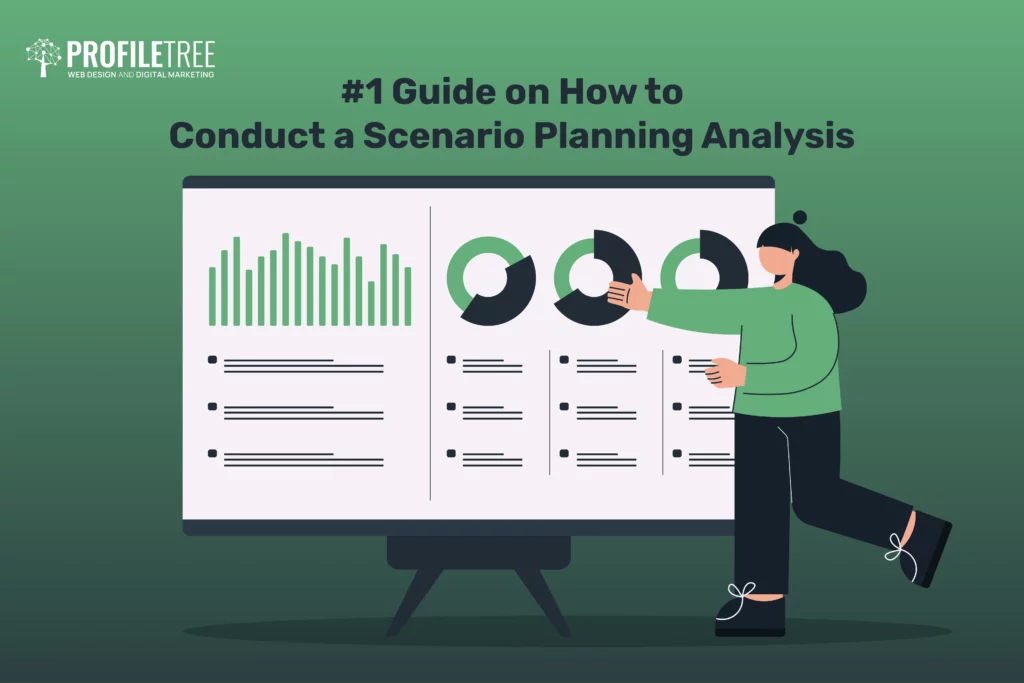Starting an accounting business from home has never been more feasible. Thanks to advancements in technology and a growing acceptance of remote work, launching your own home-based accounting firm can be both a rewarding and profitable venture. It’s time to turn your business dream into a reality; keep reading to find out how.

In this blog post, we’ll explore the easiest ways to get your bookkeeping business up and running from the comfort of your home. We’ll cover everything from the necessary qualifications you might need to white labelling software and everything else in between – keep reading to find out what you need for your accounting business.
Table of Contents
Get the Necessary Qualifications
Before embarking on your journey to start a home-based accounting business, it’s essential to possess the necessary qualifications and certifications. Most clients and businesses seek the expertise of Certified Public Accountants (CPAs) or professionals with equivalent qualifications.
Being certified not only enhances your credibility but also assures clients of your expertise and adherence to industry standards.
Accounting Business Degree
Typically, a bachelor’s degree in accounting or a related field is the foundation for this career. If you haven’t completed a degree in accounting, consider enrolling in an accredited program. Online courses and part-time degrees can offer the flexibility you need if you are balancing other commitments.
Business Accounting Certificate US
In the United States, the Certified Public Accountant (CPA) certification is the principal professional designation for accountants. Obtaining this certification involves passing the Uniform CPA Examination and meeting specific educational and experience requirements, which vary by state.
Alternative certifications in the US include the;
- Certified Management Accountant (CMA)
- Certified Internal Auditor (CIA)
- Enrolled Agent (EA)
Each certification has its own set of exams and educational prerequisites, catering to different specialisations within the field of accounting.
Business Accounting Certificate UK
In the UK, the accounting profession is regulated differently than in the US. The equivalent to a CPA in the UK is the Chartered Accountant designation, offered through various bodies such as the Institute of Chartered Accountants in England and Wales (ICAEW), the Association of Chartered Certified Accountants (ACCA), or the Chartered Institute of Management Accountants (CIMA).
To become a Chartered Accountant, candidates must complete a series of exams and gain a certain amount of practical experience, which varies depending on the regulating body. Continuing Professional Development (CPD) is also a requirement for maintaining this status, ensuring professionals stay updated with the latest practices and changes in the field.
By ensuring that you have the right qualifications and certifications, you not only bolster your professional standing but also significantly increase your chances of attracting and retaining clients for your home-based accounting business.
Choose your Accounting Business Niche
Specialising in a specific area of accounting can set your home business apart and make your services more appealing to a targeted audience. Accounting is a broad field, and finding your niche allows you to focus your expertise and marketing efforts, ultimately leading to greater recognition and success.
Some accounting fields you might want to consider include;
- Tax Accounting
- Forensic Accounting
- Auditing
- Management Accounting
- Financial Accounting
- Cost Accounting
- Governmental Accounting
- Nonprofit AccountingInternational Accounting
- Payroll Accounting
- Environmental Accounting
- Bookkeeping
- Corporate Finance
By carefully selecting and focusing on a specific niche, you can create a unique identity for your accounting business and provide specialised services that are in demand. This strategic focus will not only help in attracting the right clients but also in building a strong and sustainable business.
Invest in Accounting Software
Investing in the right accounting software is crucial for the efficiency and effectiveness of your home-based accounting business. Today’s market offers a wide range of accounting software and resources, each with its own set of features and benefits tailored to different business sizes and specific needs.
- Evaluate Your Requirements: Before selecting software, consider the specific requirements of your business and your clients. Think about factors like the size of the businesses you’ll be working with, the complexity of their accounting needs, and any industry-specific features that might be necessary.
- Cloud-Based Solutions: Opt for cloud-based accounting software, as it offers the flexibility to access financial data from anywhere. This is particularly beneficial for a home-based business and for providing clients with real-time updates. Popular cloud-based options include Profitbooks accounting software for Mac.
- User-Friendly Interface: Choose software with an intuitive and easy-to-navigate interface. It should simplify your accounting tasks rather than complicate them. Many software providers offer a trial period, so take advantage of this to test the software’s usability.
- Integration Capabilities: Look for software that can integrate with other tools and platforms. This includes bank feeds, payment processing, payroll services, and even customer relationship management (CRM) systems. Integration can streamline your workflows and reduce manual data entry.
- Compliance and Reporting Features: Ensure the software complies with accounting standards and tax regulations. It should be capable of generating various financial reports that are essential for your clients’ business decision-making.
- Scalability: As your business grows, your accounting software should be able to accommodate increased demand and more complex accounting needs. Check if the software can scale up and what the process entails.
- Security: Given the sensitive nature of financial data, security is paramount. Choose software with robust security features, including data encryption, secure login, and regular backups.
- Support and Training: Consider the level of customer support and training resources available. Good customer service and accessible training materials can be invaluable, especially when transitioning to a new system or troubleshooting issues.
By carefully selecting your accounting software, you can enhance your productivity, provide better service to your clients, and manage your home-based accounting business more effectively.
Market Your Services
Create a marketing plan to attract clients. This could include building a website, leveraging social media, content marketing, networking with local businesses, or joining professional accounting groups. If you need help developing and delivering a digital strategy, get in touch with us.
Set Your Rates
Research other accounting business’ to set competitive rates for your services. Consider factors like your experience, the complexity of the work, your niche and the going rates in your area. Be transparent with your pricing to build trust with clients.
Start Your Account Business
Starting an accounting business from home is an exciting opportunity that offers flexibility and potential for growth. With the right qualifications, a dedicated workspace, and a solid business plan, you can build a successful home-based accounting firm. Remember, the key is to stay organised, be proactive in finding clients, and continuously improve your skills and services.
If you’re starting an accounting business and would like support in web developing and designing a website – we can help you. We integrate web design principles, SEO and content marketing to ensure your website performs to the best of its ability.


